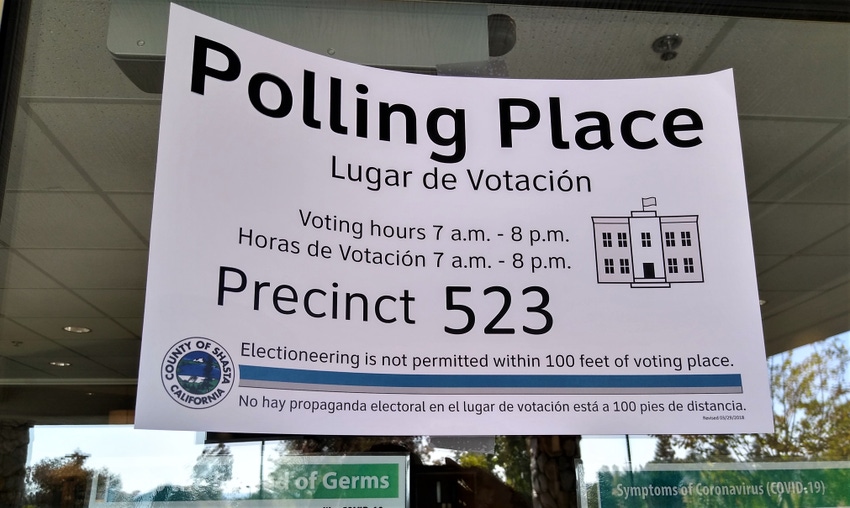
We all know what election landslides look like. Those of us of a certain age can remember the 40- to 49-state presidential victories by Ronald Reagan and George H.W. Bush in the 1980s, and younger voters remember wins by Bill Clinton and Barack Obama that were substantial enough to know the outcome on election night.
There were landslides in midterm congressional elections, too, such as for the Republicans in 1994 and the Democrats in 2006.
Usually a lopsided election for one party or the other occurs when people get tired of what they see as stale leadership and are willing to coalesce behind a rising star (Clinton) or a maverick outsider (Reagan, Newt Gingrich) who has new ideas.
Landslides usually usher in new eras of progressivism or conservatism. Who can forget the cover package Newsweek ran just after Obama’s election that posited, “We are all socialists now”?
But if a bunch of centrists and moderates wanted to get together and have a landslide, what might it look like? For starters, you’d leave darn near a 50-50 split in both chambers of Congress, perhaps with the GOP barely controlling one and the Democrats precariously clinging to control of the other.
You also might give the newly elected president one of the smallest Electoral College victories in American history, but only after more than a month of recounts and legal challenges in multiple states.
In other words, if a secret cabal of middle-of-the-roaders could get together and orchestrate a squishy-centrist takeover of the government, it probably would look a lot like the 2020 election.
Assuming Joe Biden is indeed certified next month as our nation’s 46th president, he’ll have to work with a Congress that’s almost evenly split, regardless of the outcomes of the Jan. 5 Senate runoffs in Georgia. (If the pattern holds, those races will split, leaving the GOP with a 51-49 edge.)
Moderate Democrats including West Virginia Sen. Joe Manchin and numerous House members have already signaled that progressive dream projects like the Green New Deal, packing the Supreme Court and defunding police are off the table. Even in California, our beloved bastion of liberalism, voters put the brakes on a split property tax roll, racial preferences in hiring, 17-year-old voters, and rent control.
For their part, Republicans are emerging from the shadow of President Donald Trump, whose protectionist trade policies and law-and-order rhetoric were relics of the Richard Nixon era. With luck, perhaps we will see a bipartisan approach to resolving the COVID-19 pandemic, finally achieving meaningful immigration reform and achieving trade deals that enable agricultural producers to actually earn money, rather than a tariff subsidy.
There’s a saying in politics that stems from the battlefields of old: The center holds. Only in 2020, it didn’t just hold. It roared.
About the Author(s)
You May Also Like






